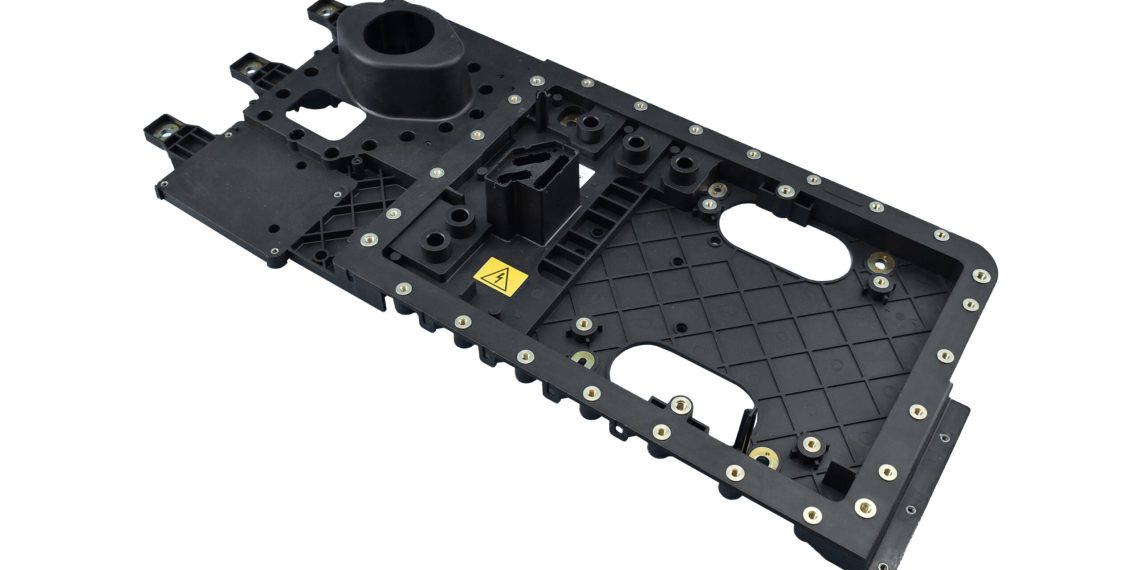SABIC introduced SABIC PP compound G3430X and SABIC PP compound G3440X grades, two new short-glass fiber-reinforced polypropylene (PP) compounds offering enhanced performance and processing for demanding automotive under-hood, exterior and interior applications. The two advanced grades surpass high-performing standard short-glass fiber materials in melt flow, tensile and flexural strength, and flexural modulus. SABIC PP compound G3430X and G3440X grades give customers new opportunities to raise the performance bar for automotive structural components such as brackets, seat structures and center consoles. Furthermore, thanks to their thin-wall capability, both materials can be used to design parts with lower mass and weight.
“SABIC’s world-class development capabilities and dedication to continuous portfolio improvement have yielded these two exceptional materials, which can empower automotive customers to significantly increase the performance of end applications,” said Abdullah Al-Otaibi, general manager, ETP & Market Solutions, SABIC. “The launch of these new SABIC PP compounds is an excellent example of our proactive response to customers’ emerging needs. We have set new industry benchmarks for robust performance and thin-wall capabilities in short glass fiber polypropylene, providing critical advantages in the face of escalating automotive requirements.”
Improved Performance
SABIC PP compound G3430X grade, with 30 percent short glass fiber, and SABIC PP compound G3440X grade, with 40 percent, deliver superior physical properties versus conventional short glass fiber PP materials and high melt flow for easy processing. Both grades deliver an excellent balance of stiffness and impact for optimal performance in structural parts, with SABIC PP compound G3440X providing a higher degree of stiffness and greater density than the SABIC PP compound G3430X grade. In addition to offering superior performance compared to other short glass fiber PP compounds, these materials may be candidates for the cost-effective replacement of long glass fiber PP in certain low-temperature applications.
 Combined with exceptional stiffness and very good impact properties, the high melt flow of these materials offers opportunities to design thin-wall components to reduce weight without compromising overall part performance.
Combined with exceptional stiffness and very good impact properties, the high melt flow of these materials offers opportunities to design thin-wall components to reduce weight without compromising overall part performance.
Besides helping to improve overall performance of the vehicle, reducing weight may also contribute to cost savings through the use of less material. Furthermore, cost benefits can accrue from higher productivity associated with faster cycle times, which can be enabled by higher flow.
Both SABIC PP compounds are available in standard black and natural and can be custom colored.

















